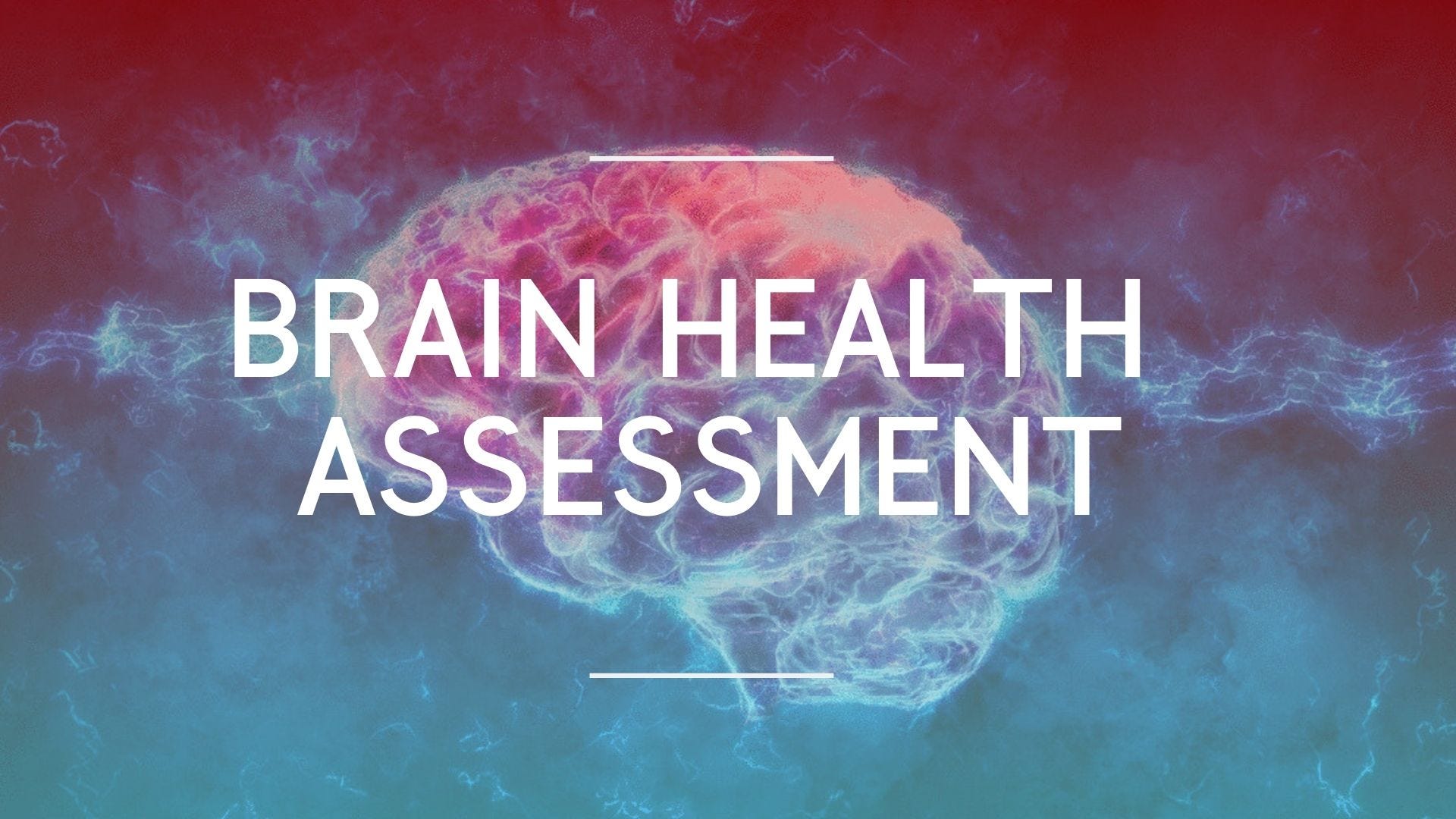Are you having trouble turning your mind off at night? Restless, your body is tired, but your brain can’t relax.

Sleep is essential for the longevity and the general health of the body and the brain. We spend approximately one-third of our lives sleeping. It is crucial to have the right pillow and a good mattress. Pillows are personal. A flat pillow or one that molds to your neck but does not push your head forward is optimal. We are looking down all day long, and generally, people’s heads are in front or ahead of their spine. The forward head position restricts the circulation of many essential nutrients to the brain, including cerebral spinal fluid, serotonin, and blood.
What happens while we sleep?
1. Repair — the body repairs cells, restores energy and releases molecules like hormones and proteins.
2. Resolves -The brain processes new information, resolves old traumas, and eliminates toxic waste.
3. Reorganize -Nerve cells communicate and reorganize.
Without sleep, our thought process starts to degrade, our access to memories or information is reduced, and our bodies are not energized.
Sleep
Sleep supports learning, memory recall, problem-solving skills, creativity, decision-making, ability to focus, and concentration.
Sleep is essential to emotional wellbeing. During sleep, brain activity increases in areas that regulate emotions.

5 Structures that Influence Sleep
The amygdala, part of the limbic system, has been found to play essential roles in emotion and behavior. Best known for processing fear, this is done in the temporal lobes; clenching and forward head position can impede this function and lack of sleep. If you have a proper rest, you tend not to overreact to external stimuli.
Striatum — coordinates multiple aspects of cognition, including motor and action planning, decision-making, motivation, and where reward perception is located.
Hippocampus — activates certain memories during deep sleep and causes a replay of specific memories.
Insula — controls the perception of pain and differentiating emotions. During sleep, it contributes to the regulation of sleep and motor behavior.
The medial prefrontal cortex — involved in rapid learning and memory. Some scientists suggest low activity during REM sleep might account for illogical and bizarre dreams.
Sleep affects our appetite.
Sleep affects our weight by controlling ghrelin which increases appetite, and leptin which increases the feeling of being full after eating. During deep sleep, ghrelin decreases because you use less energy while asleep. Lack of sleep elevates ghrelin and suppresses leptin which can cause weight gain. Just five consecutive nights of chronic sleep deprivation can increase the risk of obesity and type 2 diabetes.
Sleep affects your immunity.
While you sleep, your body makes cytokines, which are proteins to fight infection and inflammation. Overall, a person needs to sleep if they are stressed or sick. It helps your body recover. I slept 12 hours every day when I had COVID-19, and it helped me recover faster and allowed me to do all my meetings during the day via zoom.
How much sleep is necessary depends on your age, activity level, and overall health. The CDC suggests.
· Birth to 3 months: 14 to 17 hours, including naps
- 4 to 12 months: 12 to 16 hours per 24 hours, including naps
- 1 to 2 years: 11 to 14 hours per 24 hours, including naps
- 3 to 5 years: 10 to 13 hours per 24 hours, including naps
- 6 to 12 years: 9 to 12 hours
- 13 to 18 years: 8 to 10 hours
- 18 to 60 years: 7 or more hours
- 61 to 64 years: 7 to 9 hours
- 65 years and older: 7 to 8 hours
Not Getting Enough Sleep?
Sleep deficiency is linked to chronic pain and health issues that affect the heart, kidneys, blood, brain, and mental health. You are more prone to injury and falling without enough rest and sleep, especially in children and older adults.
You know how you feel if you are not rested. Specific consequences include:
· Mood changes
· Irritability
· Anxiety
· Poor memory
· Poor focus
· Poor motor control
· Fatigue
· Weight Gain
· Premature aging and early death

7 Essential Tips to help you fall asleep and stay asleep
- Take the Brain Health Assessment Quiz to determine if you are deficient in a brain neurotransmitter. If you are deficient in neurotransmitters, your sleep quality will be compromised no matter what you do. https://www.fasciatraininginstitute.com/brain-health-assessment/
- One hour before bed, shut off all social media and put your cell phone in airplane mode while you sleep.
- Stretch before bed; this helps to release the day’s physical tension and increase circulation to the brain.
- Don’t eat within 4 hours of going to bed.
- Stop drinking water an hour before bedtime — this prevents waking up.
- Invest in a new mattress every 7 to 10 years; you spend one-third of your life in it.
- Wash your pillows every week and change them out every three months.
Sleep is essential to your overall health, don’t underestimate it.
Review
Why do we sleep to integrate our world into our brain?
1. Repair and restore — muscles are repaired, protein synthesis, tissue growth, and hormone release
2. Brain function — at rest, our brain allows neuron or nerve cells to reorganize. It is necessary to convert short-term memories into long-term memories. Research suggests that the brain deletes unnecessary information; the hypothesis is that the brain remembers everything and stores it accordingly.
We see an example of this in people with dementia or Alzheimer’s when they remember random events that make no sense to other people. Are these memories the fluff that specialists say the brain deletes?
Quality sleep can change your pain and your brain.
For more information on how you can work with Simone, email [email protected]

